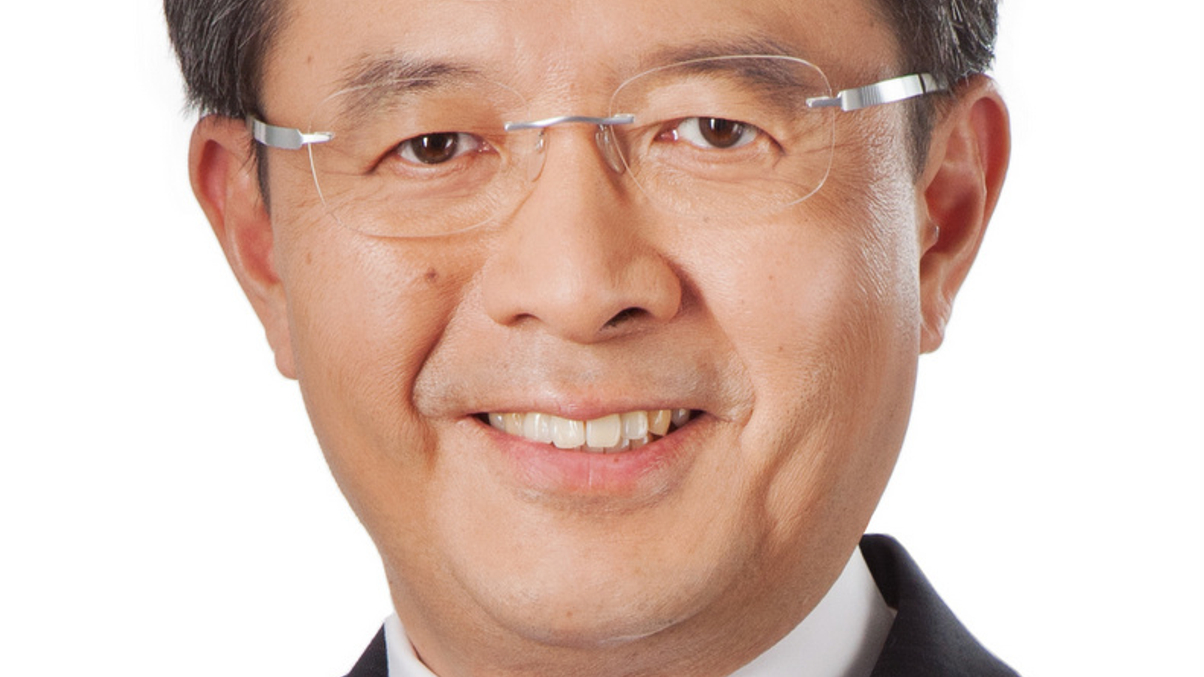Singapore fund houses in no rush on RQFII
London getting more RQFII quota than Singapore was to be expected, says Gerard Lee, CEO of Lion Global Investors, who has various plans for any forthcoming quota.

Asset managers in Singapore are in no hurry to obtain renminbi qualified foreign institutional investor (RQFII) quota, judging by comments from the CEO of local fund house Lion Global Investors.
Sign in to read on!
Registered users get 2 free articles in 30 days.
Subscribers have full unlimited access to AsianInvestor
Not signed up? New users get 2 free articles per month, plus a 7-day unlimited free trial.
¬ Haymarket Media Limited. All rights reserved.


